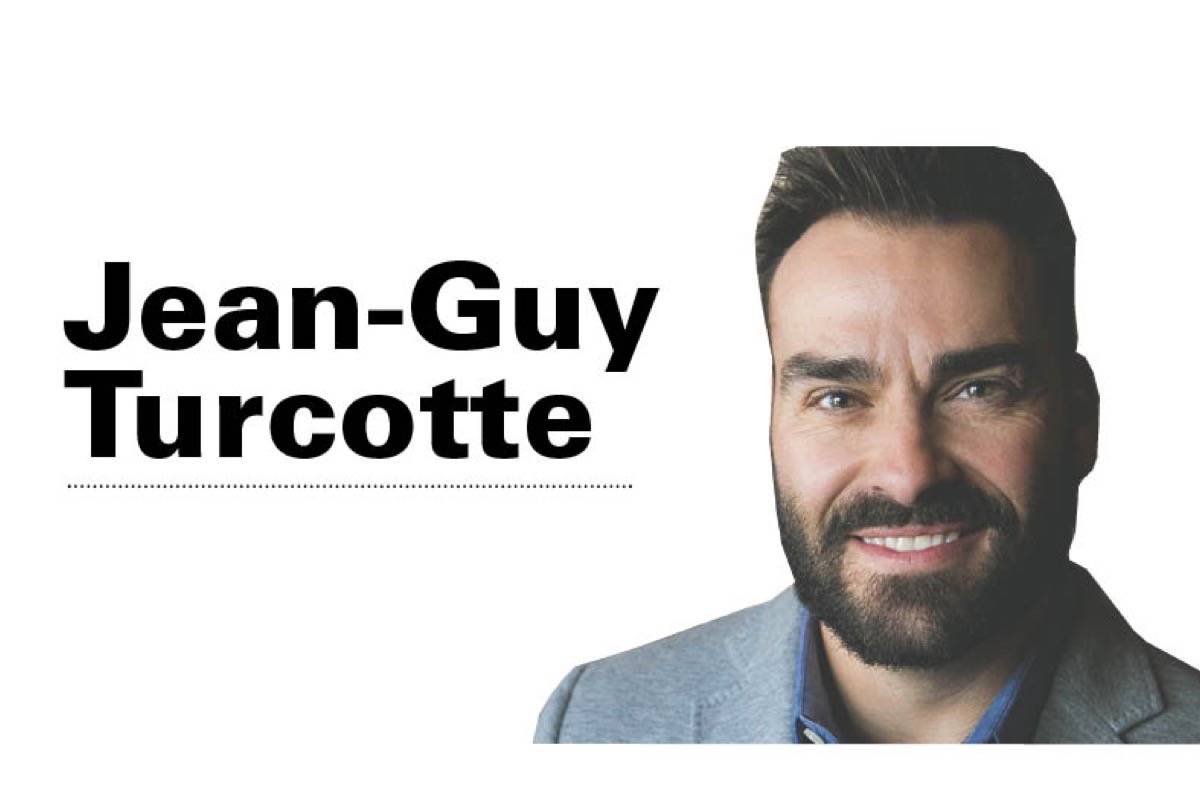In Canada, and certainly in the large urban centres, there are few topics that get more press than real estate these days. It seems that few conversations are capable of lasting more than a single digit number of minutes before some aspect of the topic arises.
Much of the talk is about how action should be taken to rein in rising prices — and to be fair, even those who currently own property are part of this group, as many are parents who would one day like to see their adult children living in homes of their own.
According to a new study by the Fraser Institute, the average Canadian family spent more on taxes in 2016 than any other one thing.
The study cites average family earnings in 2016 as $83,105. Housing costs, which considered both rents and mortgage payments, combined with food and clothing, totaled $31,069.
Total taxes came to $35,283.
Housing costs alone stood at 22.1% of household costs, yet taxes took a 42.5% share.
While taxes are important, as of course they fund many critical public services that we rely on, there is still some question as to the return on investment of our tax dollars.
Perhaps there is a certain sense of futility we feel when it comes to changing taxation in any way, and perhaps that is why there are few rallies to reduce taxes, or to encourage more efficient use of tax dollars, as compared to rallies for action on affordable housing.
The level of futility seems to be growing when it comes to real estate though. And no doubt it is always a concern when governments do take specific actions in a free market society, as often those actions have unintended consequences.
In any event, it would be interesting if, instead of discussing real estate, an equal amount of time, energy, and media attention focused on where our tax dollars go, and why the government requires so many of them.
Jean-Guy Turcotte is a mortgage professional with Dominion Lending Centres-Regional Mortgage Group in Red Deer.



